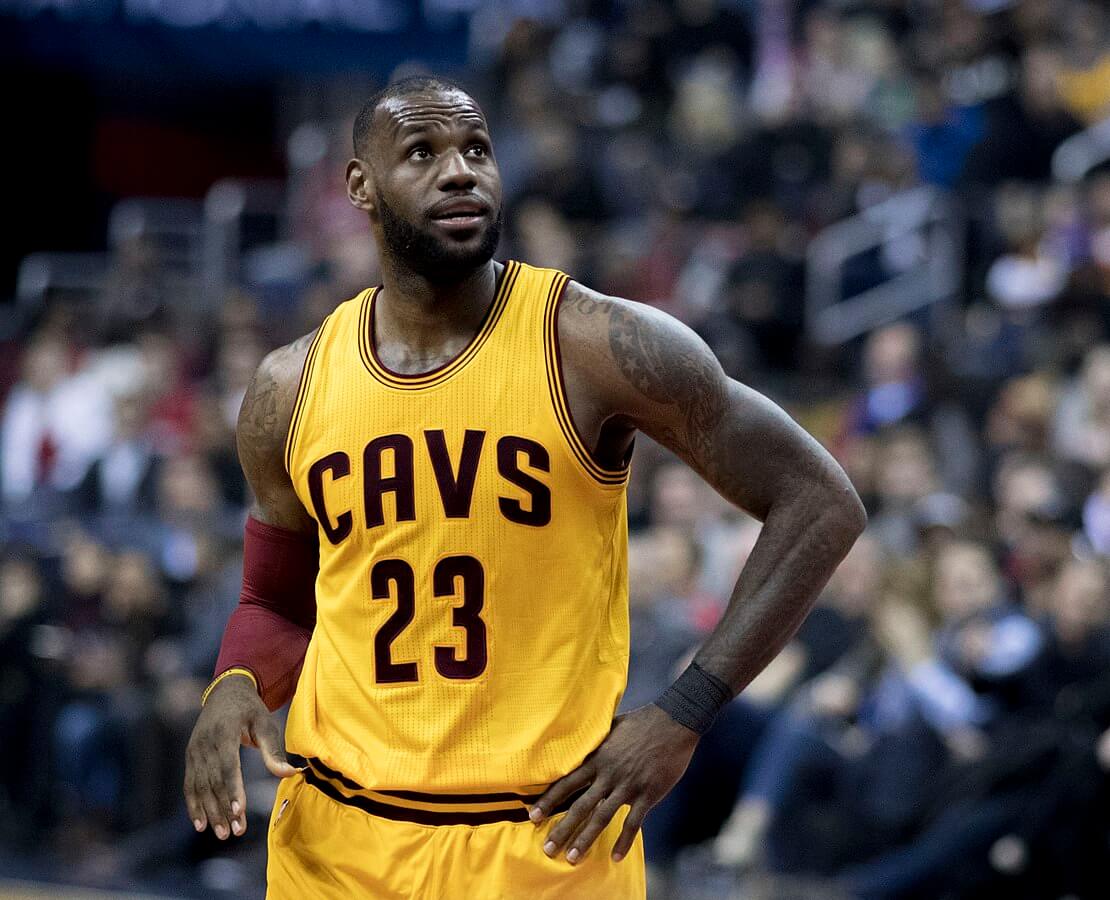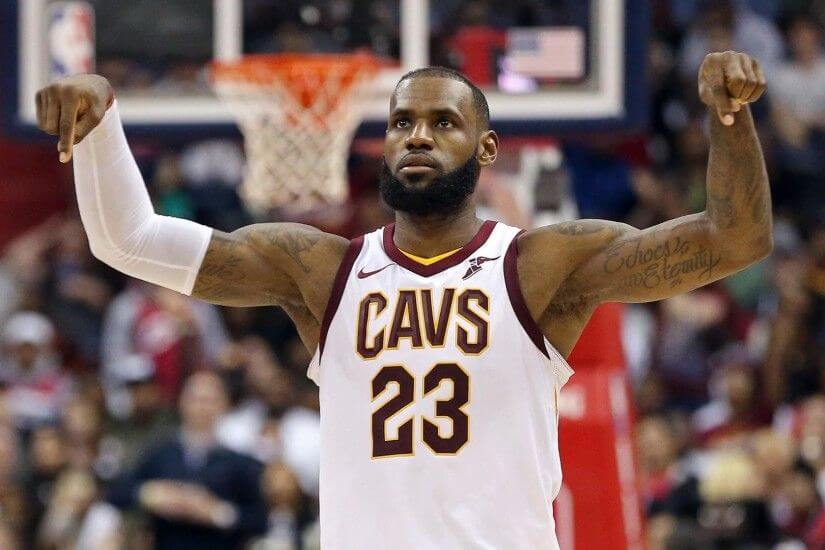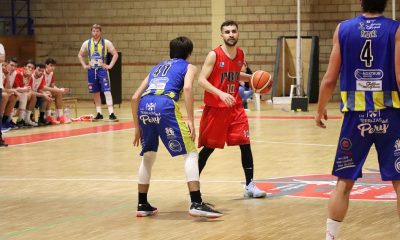Business
Here’s how to solve the Cavs’ luxury tax dilemma before trade deadline
The Cavaliers are undergoing a rough patch, and even if they have a solution, the luxury tax hampers whatever decision they make.

The Cleveland Cavaliers is in a free fall. The team lost its eighth straight nationally televised game in a blowout loss to the Houston Rockets. Cleveland lost eight of its last 10 games starting from the humiliating Christmas Day game against the Golden State Warriors. How can the team dig its way out of the hole that gets deeper and deeper by the minute?
There are two ways to solve this: grind it out or trade players. The Cavs is a dysfunctional team right now. It has a terrible defense, aging and unproductive veterans who are signed with big contracts, the untimely injury of players and sporadic moments of brilliance from players who the franchise hoped to lead it to greater heights after All-Star point guard Kyrie Irving bolted out of the team. As such, the team might not have the resolve in them to grind it out unless coach Ty Lue suddenly works his miracle.
But the truth is, nothing is certain right now in Cleveland. Coach Lue might get fired, everyone from the team—from starters to the bench players—could get traded, and LeBron James might leave again in the summer to chase for another ring if the Cavs fail to figure things out fast. This makes trading players a more logical option to save Cleveland right now. Why has not the team done it before things have unraveled like they are today? Two words: luxury tax.

Lebron James wants to win now or he could leave as a free agent next summer. (Photo by MakSim S.v.D. via Wikimedia Commons. CC BY-SA 4.0)
A team that goes over the league’s standard salary cap must pay the luxury tax. This somehow ensures parity among big and small market teams. Team owners must pay penalty for going over the salary cap. In hindsight, if the big market team is rich and the team is successful enough to recoup the payment for the luxury tax, this does not seem like a penalty at all.
According to Boston.com, a team must pay $1.50 for every $1 they have surpassed in the $119 million salary cap set for the 2017-2018 NBA season. The penalty gets higher for teams that go over the salary cap for three consecutive seasons as they are being assessed as “repeat offenders.”
Cavs owner Dan Gilbert tried to assemble the best team possible to win the franchise’s second championship. Cleveland’s total payroll this season stands at $134 million, which is way beyond the $119 million threshold. This means they must pay the luxury tax, and because they are over also over the limit in the past seasons, Gilbert must pay $43 million in tax penalties this summer.
In 2016, during the team’s championship run, Gilbert shelled out $54 million in tax penalties. Last year, he paid $45 million in taxes. With the uncertainties surrounding the team, which likely won’t have a deep postseason campaign with the way everyone’s playing at the moment, no one can blame Gilbert if he decides to resort to drastic measures to stop the bleeding from the team’s coffers.
Another concern for the Cavs is that they do not have trade assets to lure other teams into a deal. Isaiah Thomas, who was exchanged for Irving, is struggling offensively and defensively so far. Coming from an injury, the team might give him more time to get his rhythm back, but at the same time, the Cavs do not have the luxury of time for everyone to get their groove back. Their best option could be Kevin Love, the only consistent player other than James this season. However, Love is injured at the moment, so it jeopardizes any trade deals involving him.
Cleveland can add the highly coveted Brooklyn Nets pick to sweeten any deal. Teams are going to go for it, but the huge contracts of underperforming players such as J.R. Smith, Tristan Thompson and Iman Shumpert could scare teams away. Gilbert is also preparing for the possible departure of James this summer, which makes the Nets’ pick valuable because it gives a chance to draft a player who could be a franchise player in the future.
If James leaves this summer as a free agent, the committed payroll of Cleveland dips from $122 million to $87 million, and the team will go from over to under the limit if James decides to wear different jerseys next season.
The clock is ticking for the Cavs. The trade deadline is on February 8. If Gilbert decides not to rock the ship, the team must find a way to get out the alarming slump. Do they stand a chance against the likes of Toronto Raptors, Boston Celtics, Golden State Warriors or even Houston Rockets deep in the playoffs? Only time can tell.
(Featured image by Keith Allison via Wikimedia Commons. CC BY-SA 2.0)

-

 Cannabis3 days ago
Cannabis3 days agoGermany Moves to Tighten Medical Cannabis Rules Amid Surge in Private Use
-

 Business1 week ago
Business1 week agoWhy the iGaming Industry Offers Some of the Best ROI for Affiliate Marketers
-

 Impact Investing10 hours ago
Impact Investing10 hours agoSustainable Finance Faces Hurdles as Green Asset Ratio Reforms Fall Short of Full Transparency
-

 Africa1 week ago
Africa1 week agoBLS Secures 500 Million Dirhams to Drive Morocco’s Next-Gen Logistics Expansion























You must be logged in to post a comment Login